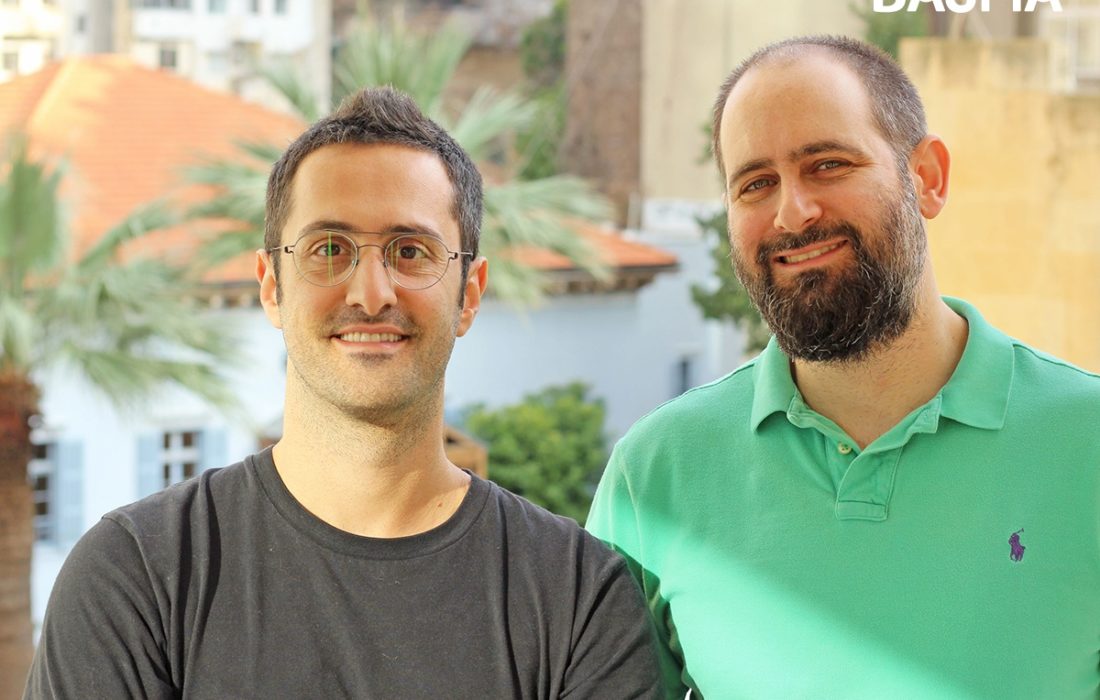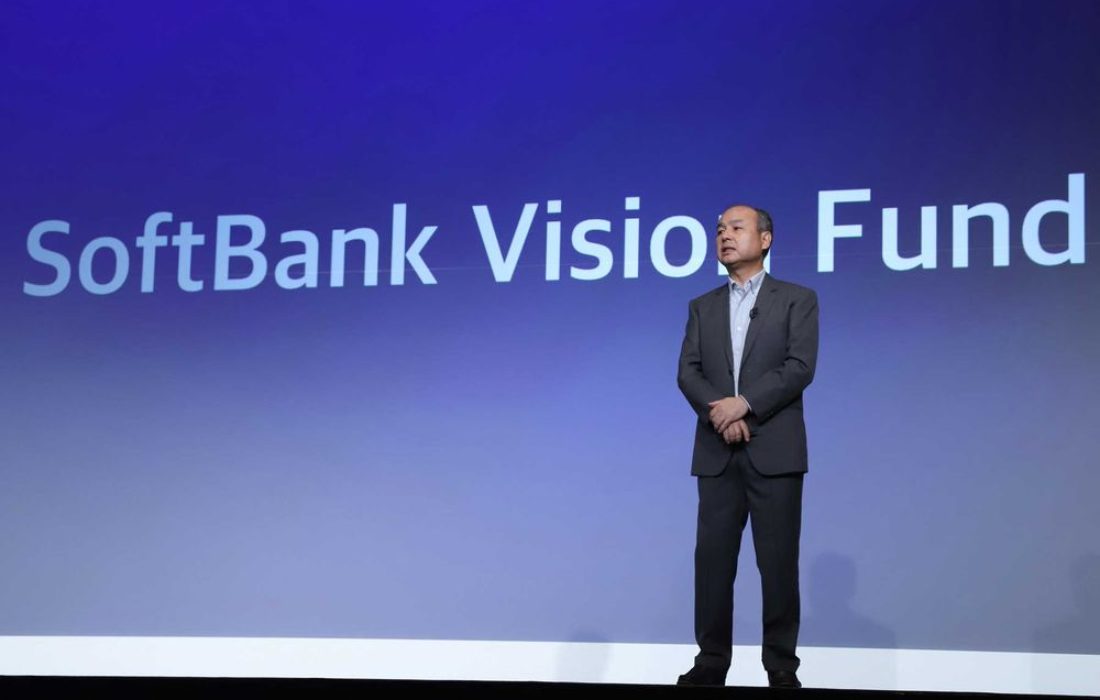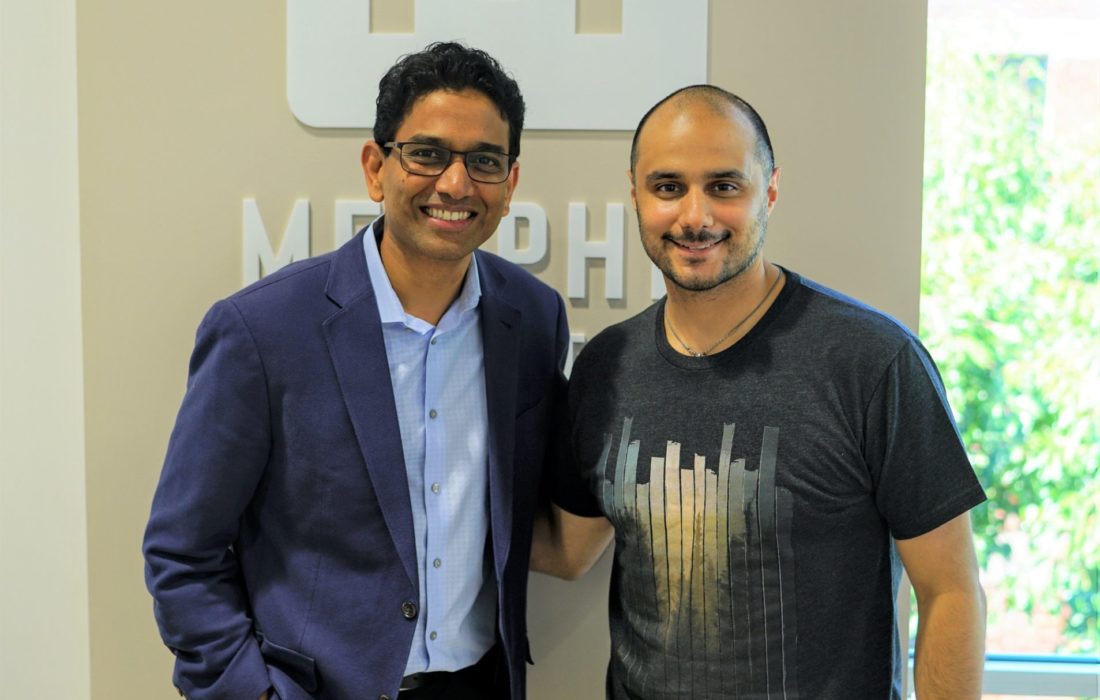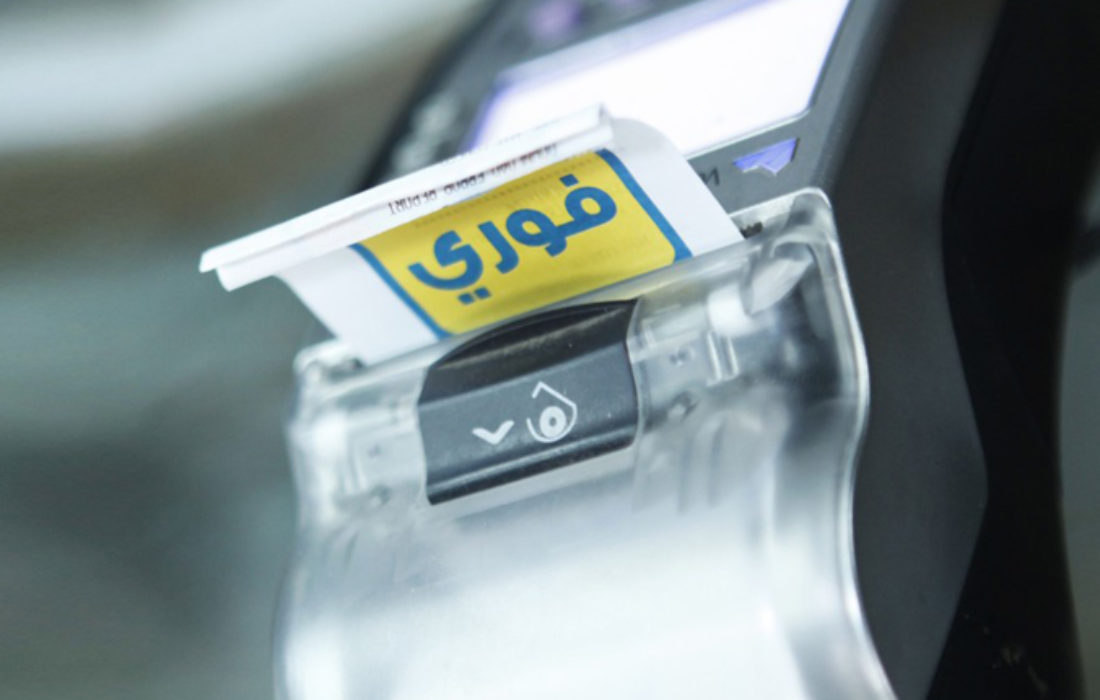War is causing havoc and destruction in Syria. However, children remain innocent within this realm and their pursuits of playtime and fun are undiminished. Ten-year-old Loai was playing in his neighborhood in Aleppo with his friends when a shell was dropped on them. Loai lost his hand in the attack.
“I was working, when the neighbors came to me because of Loai, they told me a shell hit him and his hand was gone”, Loai’s father, Ahmed Mohamed, tells WAYA, recalling the moment he found out about the devastating event.
Loai lost his hand in 2016. Since the tragic event, the family sought out to find a solution for Loai and after a long search, they discovered Smart Hand, two years later. Smart Hand is a startup that creates prosthetic limbs for children using 3D printers. It all started when the CEO and Founder of Smart Hand, Ahmed Haj Moussa, was in the Red Cross. “There was a kid, I met at the Red Cross, and this kid was really the beginning of Smart Hand. He was missing five fingers and was in need of a prosthesis,” Moussa tells WAYA. After taking the child’s measurements he created a prosthesis for the child. Seeing the child use the mechanical fingers, inspired him to start his own project to help children in the same situation.
“Imported prostheses cost 30 to 40 thousand dollars, while we have reduced this price by around 90%.”
Ahmed Haj Moussa
CEO & Founder, Smart Hand
How Smart Hand Made Prostheses Accessible to Syrians
Moussa found that prosthetics receive little attention from humanitarian organizations. This is mostly due to the high cost of the product. He started thinking of ways to provide less costly prosthetics to those in need. “Imported prostheses cost 30 to 40 thousand dollars, while we have reduced this price by around 90%,” he says. Smart Hand’s prostheses are cheaper since the startup receives aid and locally manufactures its products using cheaper materials. As a result, Moussa was able to make prosthetic implants more accessible to the Syrian population.
Since the outbreak of the Syrian Civil War in 2011, over 50,000 people have suffered from injuries resulting in amputations. These kinds of injuries leave psychological scars as well as physical ones. Children are especially susceptible to having some sort of psychological damage after a traumatic and violent experience.
Going Beyond the Physical
For this reason, Smart Hand starts off the process by assessing the injured child’s psychology. Loai’s father explains that the first step of the process is counseling and therapy. The doctors try to understand the children, their trauma and their relationship with the world around them. Smart Hand doesn’t just provide prosthetic implants, they work with the children to help them accept their situation. They also raise awareness within the children’s community and family about how prostheses work and they provide psychological support.
Prostheses allow those who suffer from injuries which lead to missing body parts to regain self-reliance. They were invented to replace missing body parts. Moussa explains “they are not just aesthetic to cover the injury in front of people”. Smart Hand’s 3D printed prostheses are made out of bioplastic which is a lightweight material, so it does not strain the child’s neck and back.
“He was extremely happy, he would move it and carry things around, at the end of the day he’d even want to sleep with it on.”
Ahmed Mohamed
Loai’s Father
With his prosthetic hand, Loai is able to do go about daily activities without worrying about feeling handicapped. Loai’s father recalls how happy his son was with his new hand, “he was extremely happy, he would move it and carry things around, at the end of the day he’d even want to sleep with it on” he says. However, he expresses that the most valuable thing that Smart Hand did for his son was the therapy sessions. Through the sessions, Loai was able to process what had happened to him and they helped him gain acceptance within himself and while facing his friends.
Operating in a War Zone
Smart Hand was founded in 2018. “We actually started in a shelter for displaced people, it consisted of a 2-by-1-meters, which only had space for single printer”, the founder tells WAYA. Moussa struggled to launch the startup due to factors such as the logistics of importing raw materials into a war zone. Moreover, frequent electricity cuts that stop the printers from operating. However, Moussa powered through the hardest of times and he hopes to expand beyond Aleppo to other Syrian cities.
In 2019, the company launched Smart Hand Heroes which provides children with colorful, decorated prostheses. Smart Hand Heroes was inspired by another child that Moussa encountered. “A child came to us, he said I want a hand like Batman’s, so we made a black and yellow hand for him,” says Moussa. The boy loved his new hand and he was proudly showing it off to everyone at school the next day.
Moussa tells us that since the war started entrepreneurship has been on the rise in Syria. There are many problems that the youth have to create solutions for. He concludes; “In the midst of war, creativity emerges.”
If you see something out of place or would like to contribute to this story, check out our Ethics and Policy section.














